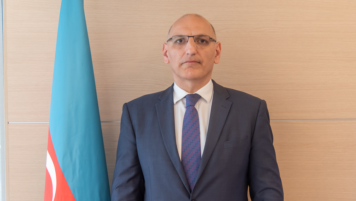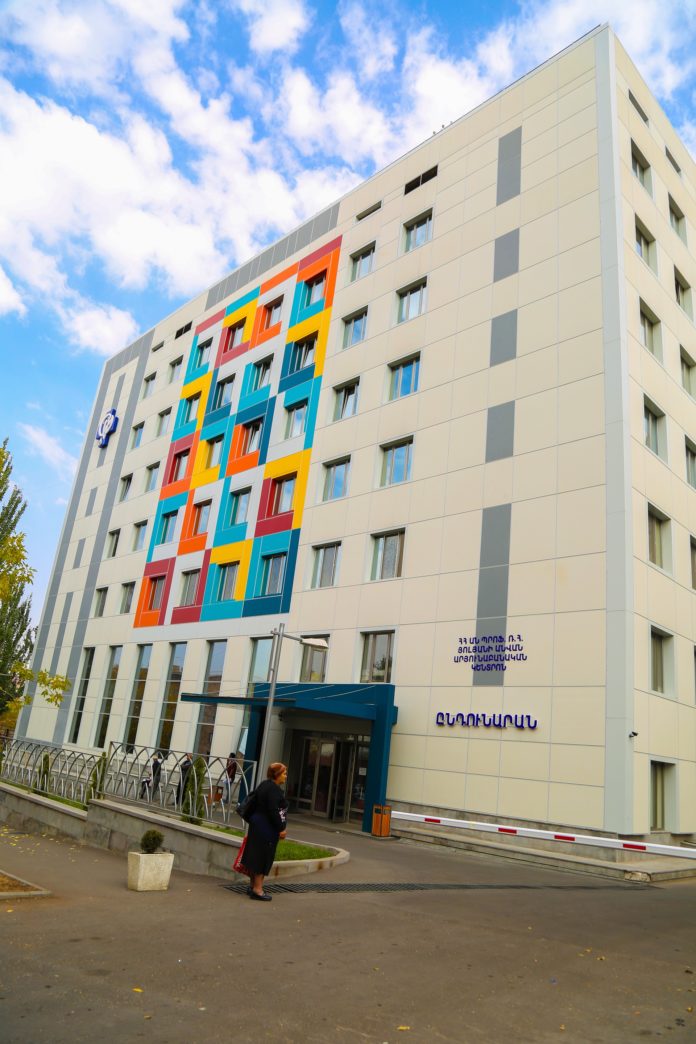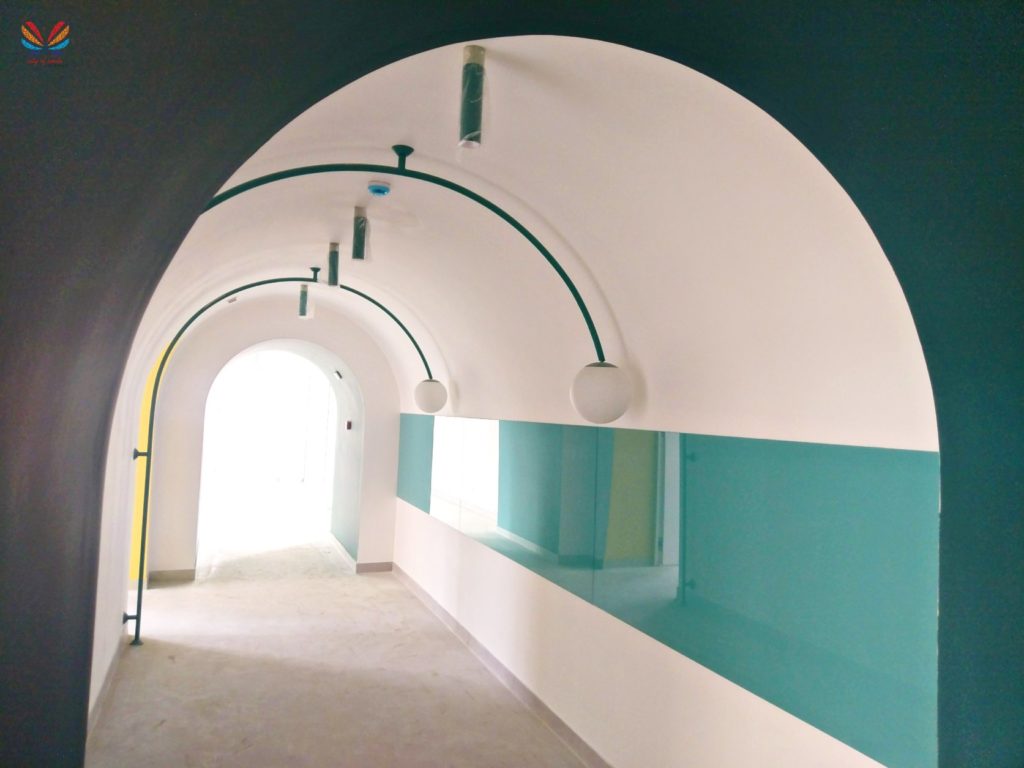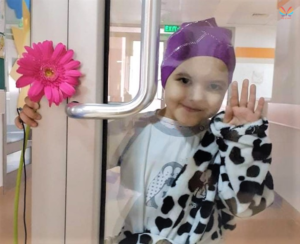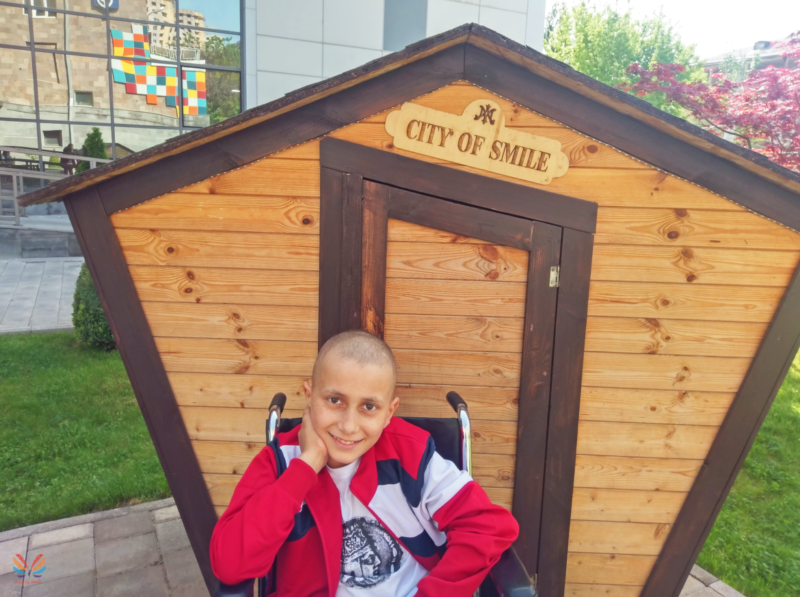YEREVAN – Yerevan’s Center of Pediatric Oncology and Hematology of Armenia, the sole center for treatment of cancer for children in Armenia and Artsakh, continues its work under difficult conditions after the Artsakh war and the ravages of Covid-19. The City of Smile Foundation provides funding and other types of support for its operation despite the new set of difficulties, according to foundation director Ester Demirtshyan.
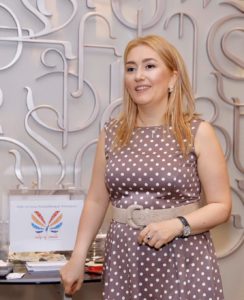
Demirtshyan said that from October 2018, the center and its predecessor institute began to provide free treatment for all children and young people up to the age of 25 years old suffering from cancer or blood disorders. Around 350 individuals benefited. On a monthly basis somewhere between 80 to 100 are treated and fully funded by the foundation. There is no selection based on socioeconomic status, she stressed, but anyone in this category who comes to the foundation will get the financial support for treatment.
Even before the recent war, 20-30 percent of the children were from Artsakh, since there is no similar center there, and there are even Armenians from Javakh in neighboring Georgia. Demitshyan said that she fears that in 3-4 months there will be greater numbers of patients from Artsakh since stress is a contributory factor to leukemia.
The financial support provided by the City of Smile Foundation is indispensable for 95 percent of patients. “We don’t want families to collapse financially and emotionally. We understand that cancer treatment is not affordable even for middle class families in Armenia,” Demirtshyan said. She related that recently the foundation bought medication for child that cost $2,500. The child’s mother asked whether they would really pay for this, as it cost more than her housing. Demirtshyan replied that they would certainly pay for it, as well as all the following treatments that the child would need.
The average expense per course of treatment for a child in Armenia is 20-25,000 dollars, while in the US it is half a million dollars. In the US the greater resources permit some 90 percent of the patients to be cured. Armenia at 70-75 percent now still cannot reach this rate, but it has improved a lot from only a few years ago, when it was as low as 5 percent.
The hospital where the center is located is government supported. The Ministry of Health is responsible for the costs of the facility and rooms, and the salaries of the doctors. The hospital may receive one or two types of medication through the Armenian Ministry of Health, but the rest has to be purchased through the foundation.
